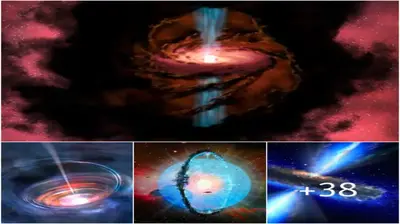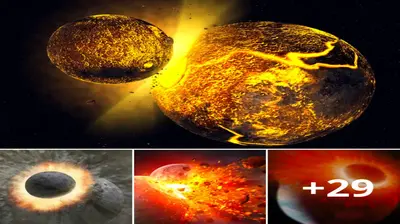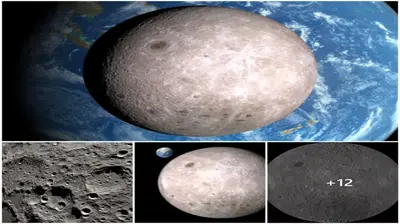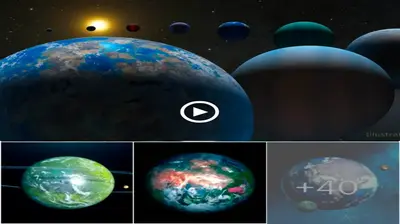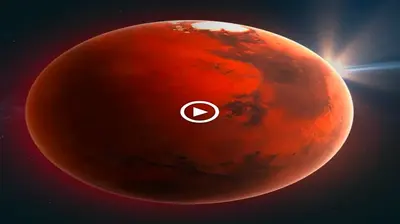Astronomy
With a brilliant scientific trick, researchers may have discovered the key to allowing humans to breathe in space
Scientists may have discovered a method for people to breathe on Mars in the future.
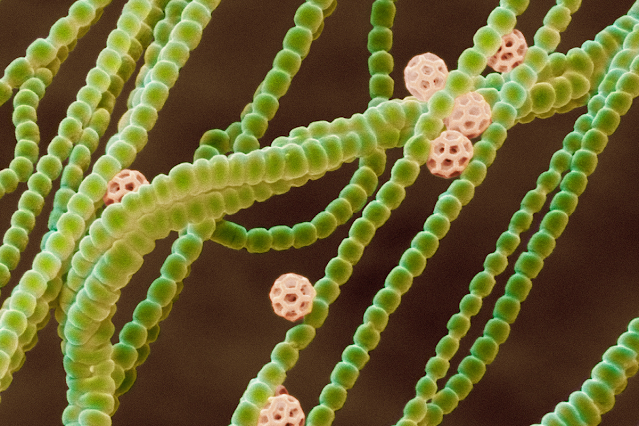
Space travel is difficult for a variety of reasons, but one of the most significant is the absence of oxygen in space.
Bacteria might be the solution to all of our space breathing issues. According to Mashable, scientists may use cyanobacteria to figure out how humans might quickly acquire oxygen in space.
Cyanobacteria convert carbon dioxide into oxygen. Cyanobacteria are found in extremely difficult settings on Earth, thus it is predicted that they would be able to live on Mars.

Some scientists have proposed transporting the bacterium to Mars to test whether it can produce oxygen for future people who could end up there. Experiments have previously demonstrated that cyanobacteria can flourish in a Martian environment.
Cyprien Verseux, an astronomer, previously worked on one of these trials.
He explained: “Here we show that cyanobacteria can use gases available in the Martian atmosphere, at a low total pressure, as their source of carbon and nitrogen.\s”
Cyanobacteria retained their capacity to thrive in water containing just Mars-like dust under these conditions and could still be utilized to feed other microbes.
“This could help make long-term missions to Mars sustainable.”
NASA wants to send humans to Mars, and Elon Musk has grandiose ambitions for a human settlement on the Red Planet. The CEO of SpaceX has already stated his aim to carry one million individuals to Mars by 2050.
Scientists may have devised a technique for microbes to deliver oxygen on this long-distance voyage by that time.
Humans would still need to live in extremely safe shelters on Mars due to the planet’s hostile climate, which includes drastic temperature swings and continual radiation exposure.
-

 Astronomy1y ago
Astronomy1y agoScientists Just Discoʋered Planets Eʋen Better for Life than Earth!
-
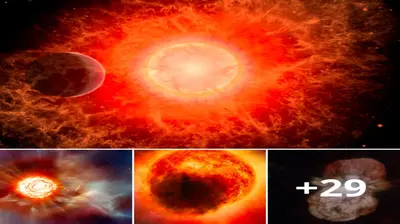
 Astronomy1y ago
Astronomy1y agoAstronoмers Think They Haʋe a Warning Sign for When Mᴀssiʋe Stars are AƄout to Explode as Supernoʋae
-
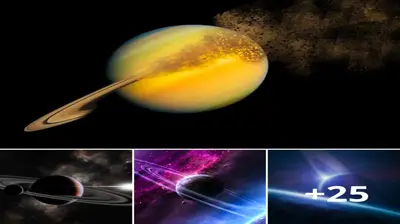
 Astronomy1y ago
Astronomy1y agoIt’s official: Saturn is Losing its rings — and they’re disappearing мuch faster than scientists had anticipated
-
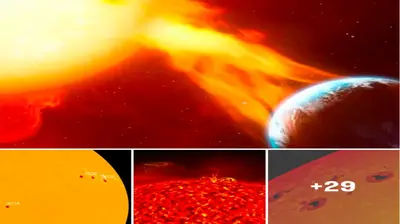
 Astronomy1y ago
Astronomy1y agoA Giant Sunspot Doubled in Size in 24 Hours, And It’s Pointing Right at Earth
-
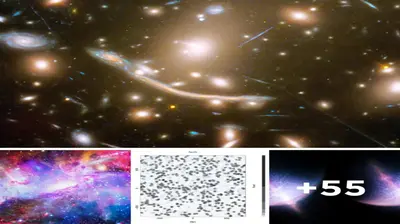
 Astronomy1y ago
Astronomy1y ago‘Giant arc’ stretching 3.3 Ƅillion light-years across the cosmos shouldn’t exist
-
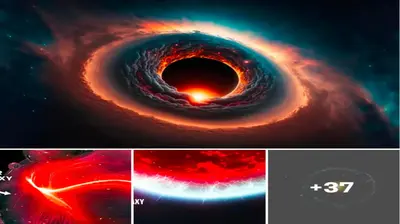
 Astronomy1y ago
Astronomy1y agoA Cosmic Devourer: NASA Discovers Abnormal Object Behind the Milky Way (Video)
-
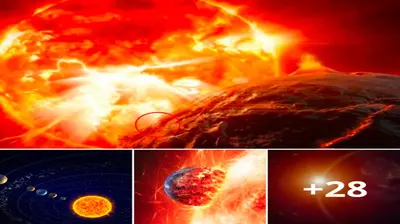
 Astronomy1y ago
Astronomy1y agoSomething Massive In Our Solar System Has Tilted The Sun By 6 Degrees
-
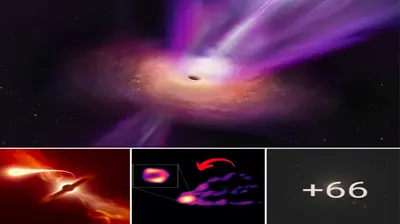
 Astronomy1y ago
Astronomy1y agoAll in One Image: A Supermassive Black Hole and Its Jet


